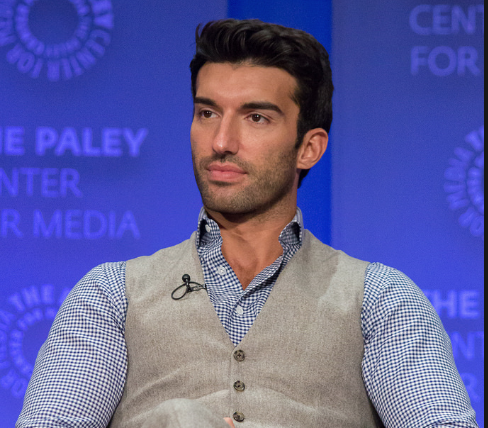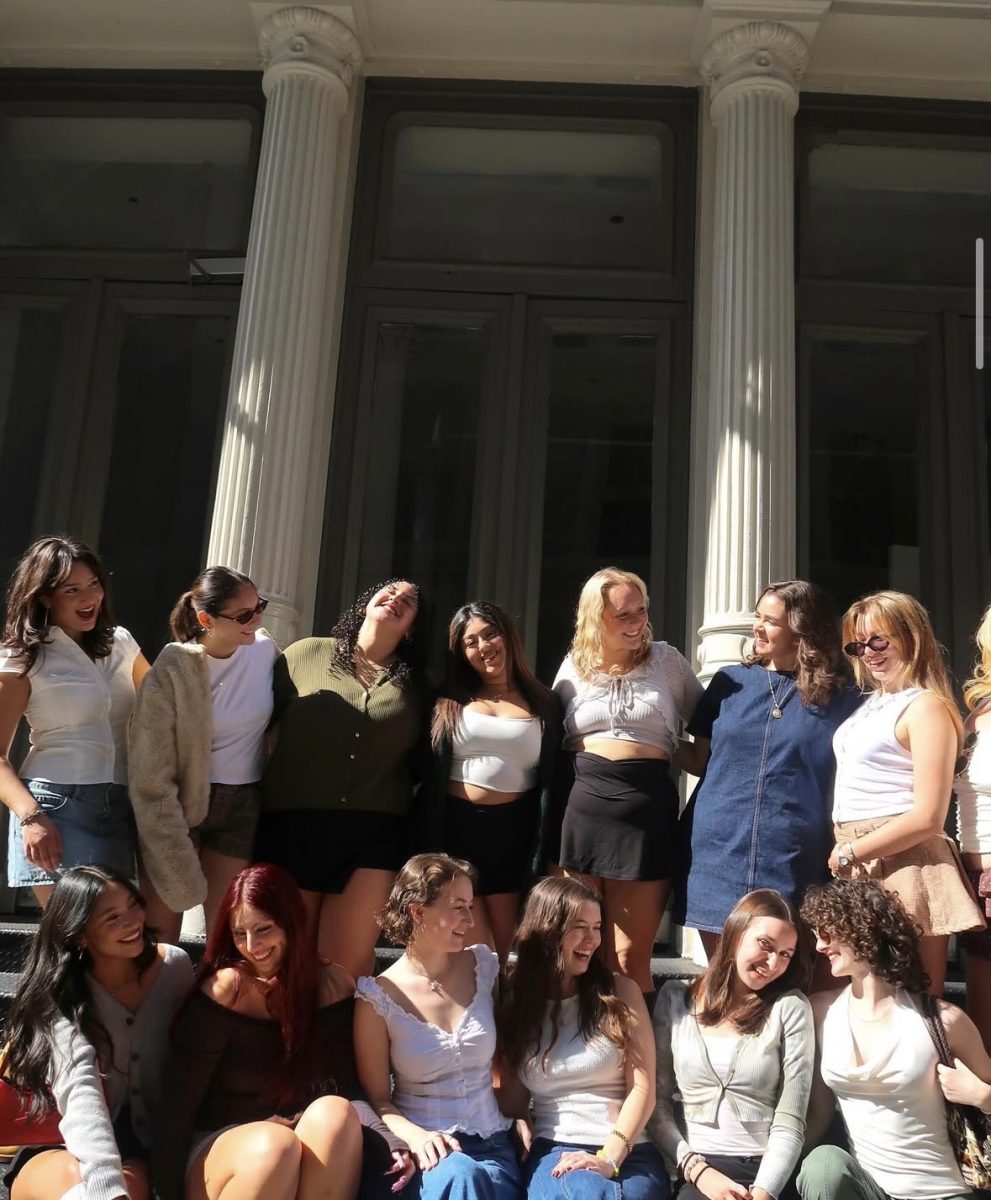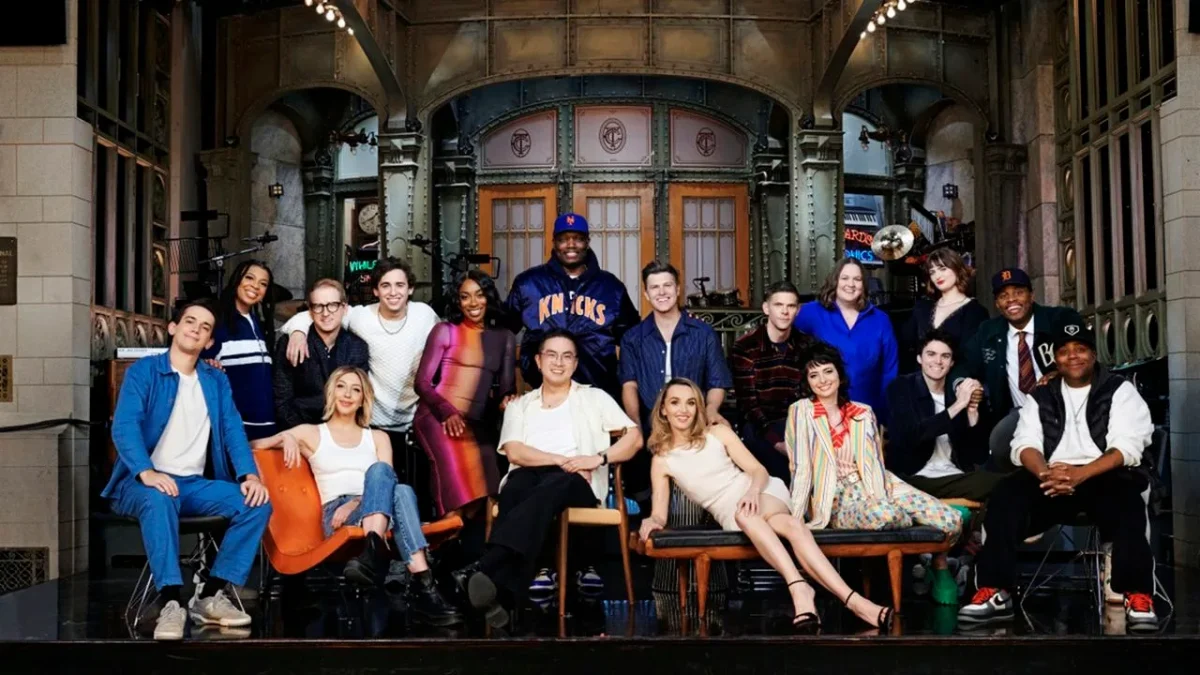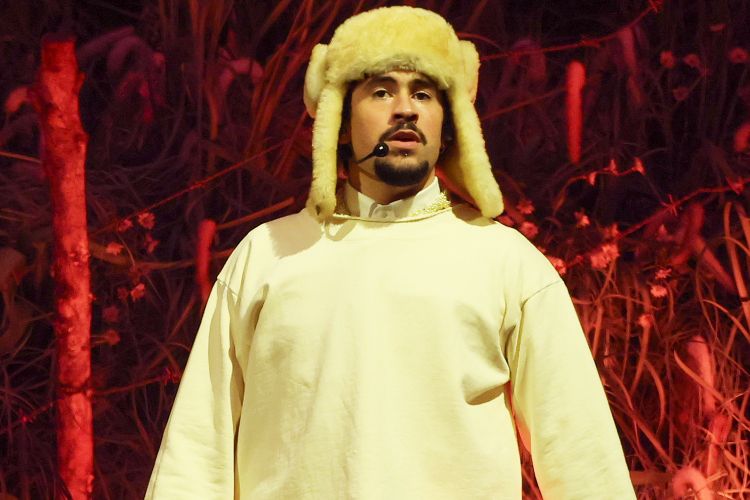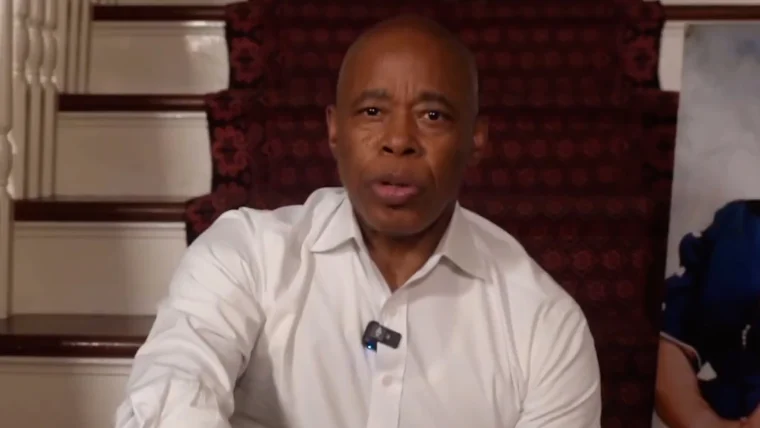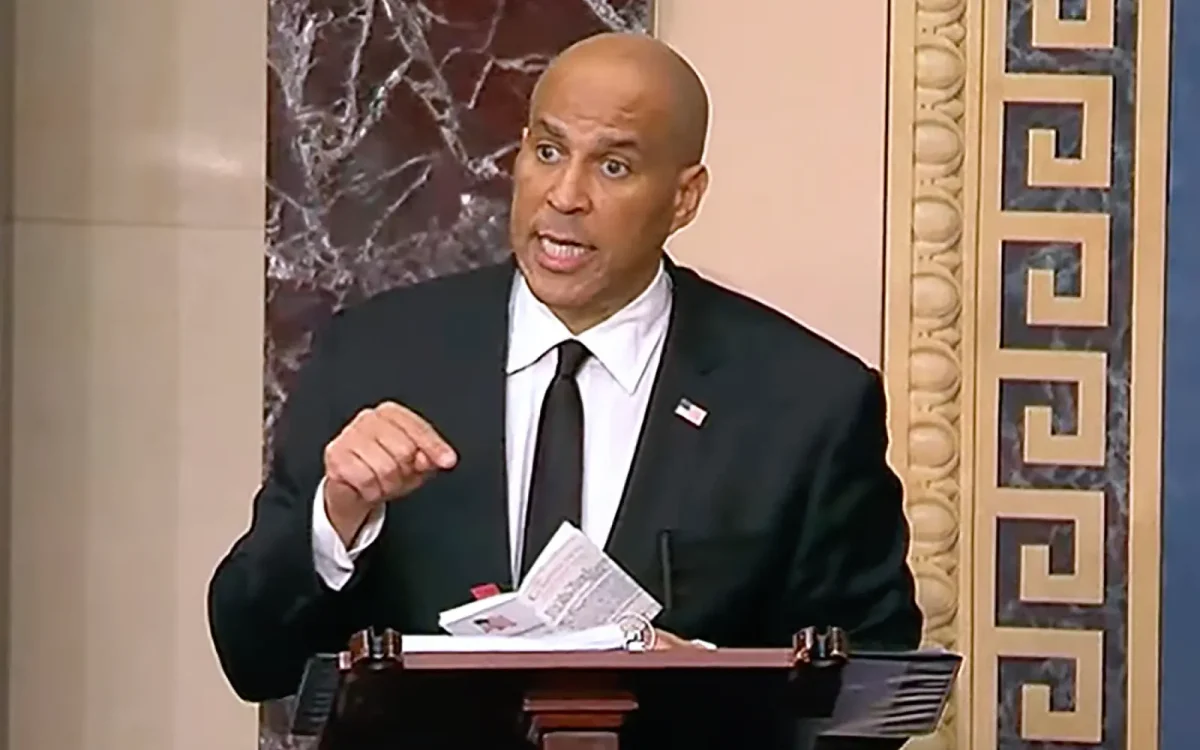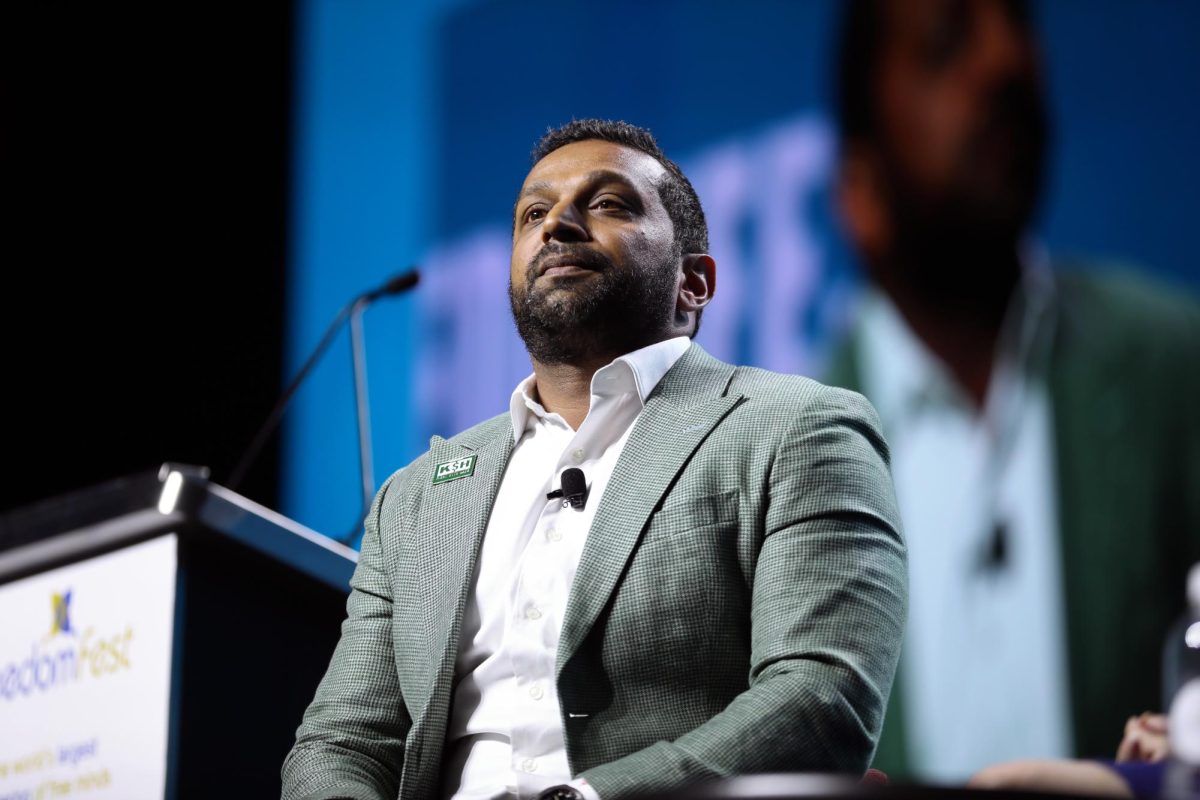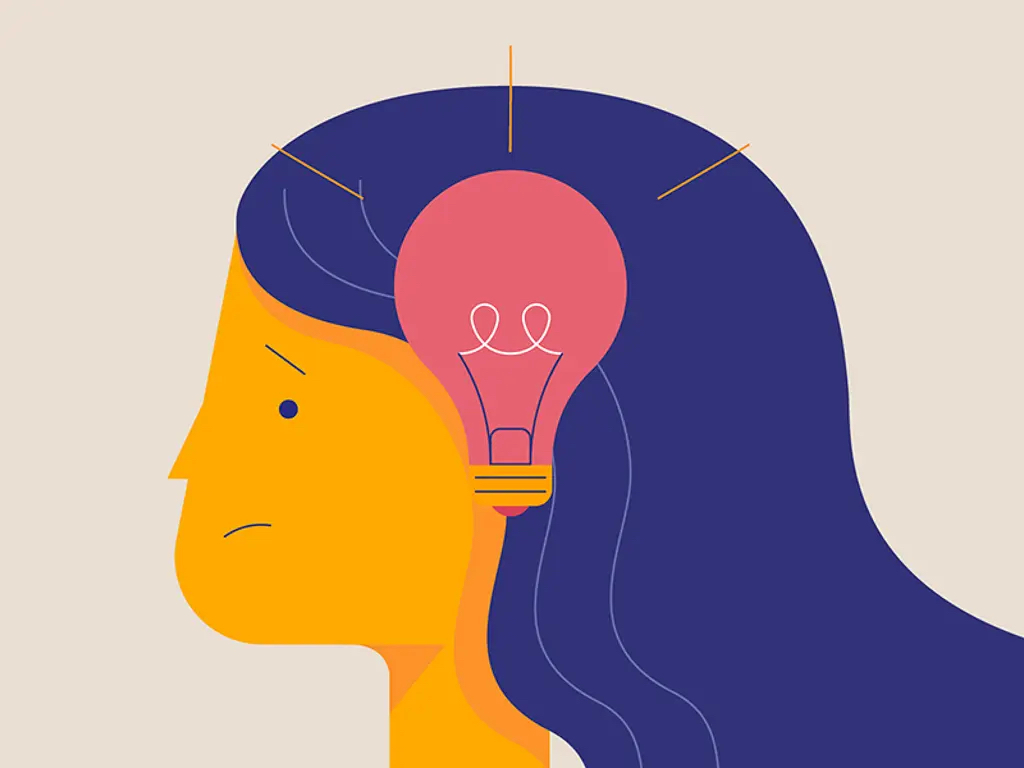Justin Baldoni, prominent actor and feminist, popularly recognized from CW show, “Jane the Virgin,” delivered a TED talk on December 4, 2017, urging fellow men to, “learn to not only embrace the qualities that we were told are feminine in ourselves but to be willing to stand up, to champion and learn from the women who embody them.”
Through his lecture, he proposed the deconstruction of the idea of being “man enough,” and reinterpreted the meaning of in fact being a man. He described his own struggles with internalizing his insecurities and avoiding being labeled “feminine” for expressing vulnerability. He challenged men to redefine notions of traditional masculinity and expression, by taking action, calling out “locker room talk,” and advocating for women. Baldoni speaks upon the ideals of masculinity and gender roles in youth: urging fellow parents to, “instead of teaching our children to be brave boys or pretty girls, can we maybe just teach them how to be good humans?” His TED talk has almost 4 billion views today:utilized his celebrity platform as a social media influencer and actor to make a difference in themes which are important to him, to society, and to University students.
Following Baldoni’s message, Aaron Burt, University sophomore, said, “I believe that the #MeToo movement isn’t just for women. It affects all people and men should realize that they, as a gender, should always be advocating for women.”
In January of 2018, Justin Baldoni continued his message of openness and gender equality with a web series called “Man Enough.” On the show, he hosts a table of male celebrities who discuss and challenge what it means to be “Man Enough.” He has talked with and consulted activists, athletes, psychologists, and celebrities like Derek Hough, Javier Munoz, Prince Ea, and more about their vulnerabilities and experiences with harmful masculinity. They have discussed current issues surrounding the #MeToo movement and what it means for everyone, men and women, and how men specifically can support women who are speaking up in regards to sexual assault. The first episode was viewed by almost 150 thousand people. In an interview with “Mashable,” Baldoni said, “[the web series is] like going to a university and getting a new education for many of us men…This is just something that we have to educate our older men, our younger men, and our boys about at a much younger age.”
Baldoni’s TED talk and web series are essentially a movement to help end the type of sexism men experience because of false notions of masculinity. This campaign is teaching men how to be better men, human beings, and feminists. To wit, University students recognize the importance of this timely message in the era of the gender equality revolution.
University freshman, Alexa Sabatini, said, “I think what he is doing is an effective tool for feminism today. It’s good how it emphasizes equality and doesn’t shy over the importance of men being feminists as well.”
As Baldoni’s lecture and efforts have made way and drawn attention for action to be taken in regards to a more equal and expressive society, there are other responses that University students can work on as well.
According to University Women’s and Gender Studies Professor Emily Bent, “When celebrities like Justin Baldoni speak about their experiences of gender, it frequently draws mainstream media attention and praise by those engaged in the feminist movement,” she said. “Yet instead of praising Baldoni, I want to suggest that we situate his work as part of a larger feminist, trans*inclusive, queer, anti-racist, and anti-homophobic project to dismantle gender as essential to the human experience.”
Extracting Baldoni’s work in a larger sphere of equality can help redefine and deconstruct gender norms. In terms of the University, students can become involved in clubs and organizations that do just that, such as: UN Women’s HeforShe Movement, Peace Action, the Center for Community Outreach, and PAASA (Pace Advocates Against Sexual Assault).
The University seems to hope that these endeavors will change public perception of gender equality in a more positive way and raise awareness to talk to each other and educators about real issues.
Grace Jacobs, University junior, said, “I think that it sucks that it takes a man, Justin Baldoni, to get other men to learn more about feminism when women have been trying to teach men about sexism for so long,” she said. “Despite that, the progress his actions can still achieve in teaching men about feminism is better than nothing.”
Women and men each have defining roles that aid the movement in achieving gender equality. In terms of a more hopeful future, Professor Bent said, “In this way, we can ask: what might it look like to raise our sons like our daughters? Or perhaps more to the point, what might it look like to raise our children without imposing gender norms in the first place?”

